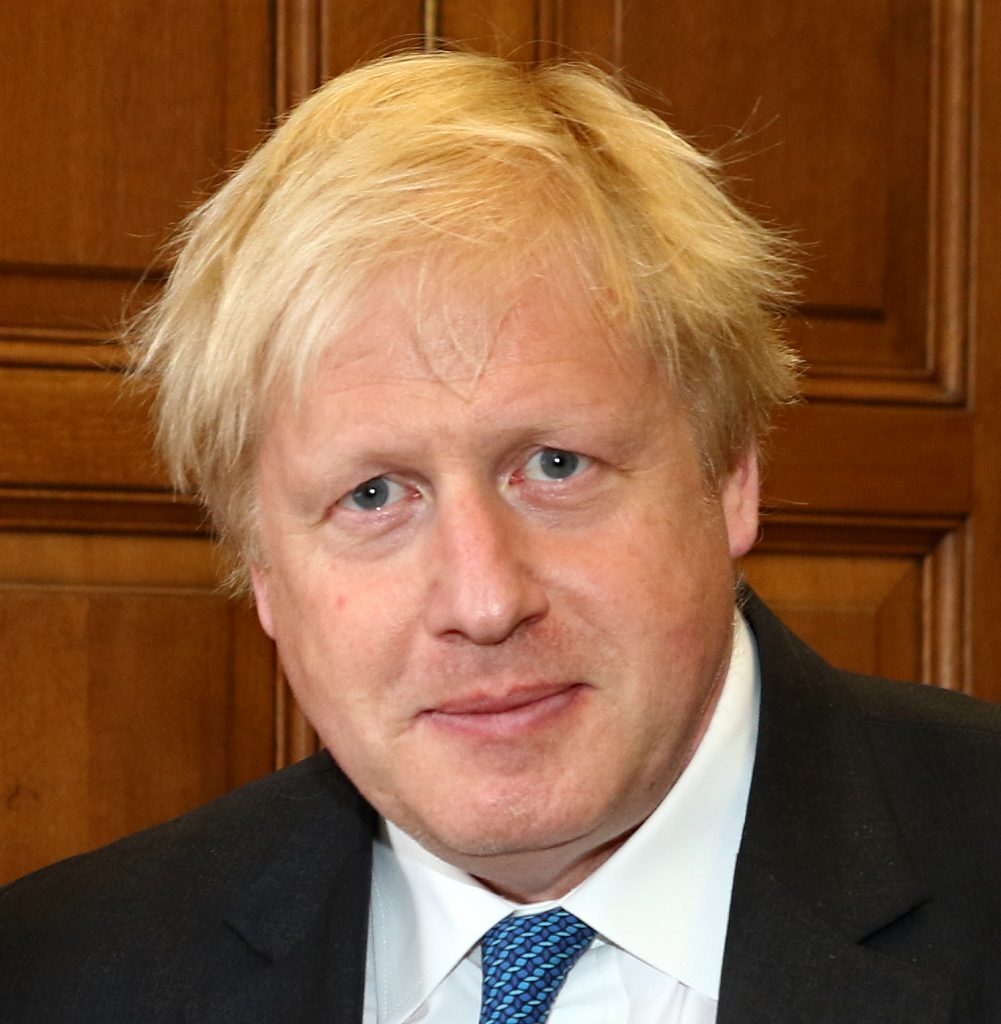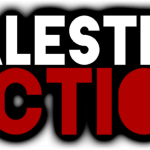
The course for Brexit was set when UK Prime Minister Boris Johnson won his bet on the future of Britain in a snap election on December 12 2019.
Voters woke up on Friday the 13th 2019 to a thumping Conservative majority, the resignations of both main opposition party leaders – Labour’s Jeremy Corbyn and the Liberal Democrats’ Jo Swinson, and a resurgent Scottish National Party seeking the independence of Scotland.
Johnson’s Conservatives won the biggest Conservative majority – 80 seats – since Margaret Thatcher in 1987, despite taking less than 44% of the national vote, and a mandate to deliver its simple election message of “Get Brexit Done”.
But their promise to leave the EU on January 31 followed by EU trade negotiations with a deadline in December was only one of a raft of questions facing the government – some fairly obvious from the election campaign but others with deeper and longer-term significance as outlined by Trisha de Borchgrave, artist and daughter of prominent long-time U.S. journalist Arnaud de Borchgrave.
This included the possible fragmentation of the United Kingdom as Scotland’s First Minister Nicola Sturgeon sought a new referendum on independence and led the SNP as the third largest party in the UK Parliament with 48 seats – all but eight of Scotland’s 56 seats.
On the other hand, rumblings about increasing support for a united Ireland leaving the UK may be on hold as Northern Ireland’s voters seemed to be supporting middle-ground politicians.
Meanwhile the Labour party faced a wrenching period of soul searching and infighting over both their leadership and political direction and the Liberal Democrats looked for their fifth leader in less than 10 years.
Thumping win
Jeremy Corbyn resigns
Jo Swinson resigns
Scottish National Party gains
Brexit ahead
A Conservative future
Populist politics
Trisha de Borchgrave
Arnaud de Borchgrave
Nicola Sturgeon seeks referendum
Northern Ireland’s vote
Labour soul searching
Labour infighting
Liberal Democrats rebuild
Election result numbers
How Johnson’s Conservatives won
An Irish take on the election







